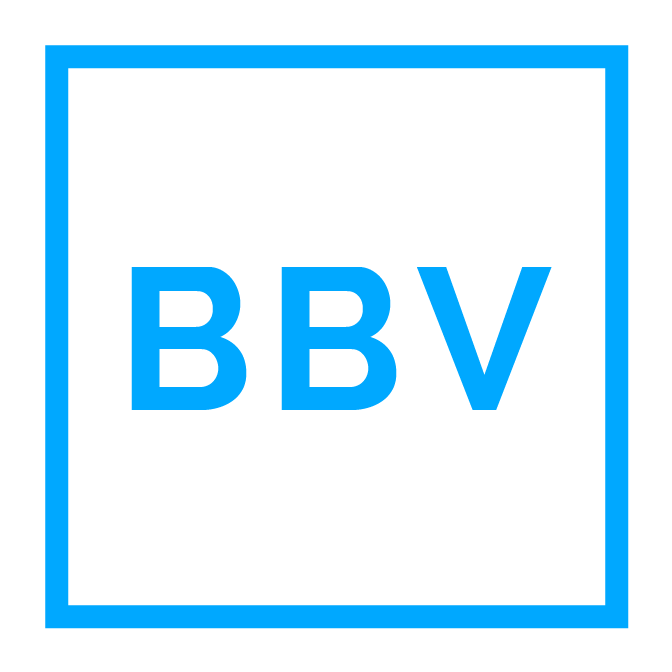24 Aug BBV Founder Spotlight: Charlie Yeh – mFluidx
The BBV Founder Spotlight is a series of posts highlighting founders from our portfolio companies and the incredible work they are pursuing to solve challenges in critical industries such as health and climate through technology innovation.
Authored by Bryan Tom and Julie Reynolds
Quick. Painless. Accessible. Low-cost. Accurate. Out of the box. These attributes describe the coronavirus test we needed when the pandemic hit and that we still need to help manage the disease today and into the future.
That test may be right here, in front of us, in the lab of mFluidx.
Based on technology developed at UC Berkeley, mFluidx was founded in 2016 by Charlie Yeh with the goal of bringing the world’s lowest cost, automated point-of-care DNA diagnostics to primary care clinics. While working in Luke Lee’s lab at UC Berkeley, Yeh had the good fortune of working on microfluidic technology funded by the Gates Foundation, for which he saw future commercial potential. He credits the top notch research environment, equipment and facilities at Berkeley for helping to gain the initial grant funding for the idea, but also for the incredible access to resources specifically dedicated to helping start-ups succeed. Licensing the technology from UC Berkeley to start the company was straightforward and Yeh felt the University had a fair and efficient process for determining the licensing arrangement.
The first stop for mFluidx after Cal was the biotech accelerator, IndieBio. Not only did IndieBio provide much needed seed capital, but it also has a large, tailored biotech audience for demo day and an incredible network in the biotech space. The network includes sources of capital, advisors and the fellow founders co-located in IndieBio’s facilities. On top of that, IndieBio is known throughout the industry and provides a stamp of credibility for young companies.
Next, mFluidix joined the CITRIS Foundry, the University of California Deep Tech Accelerator. At the Foundry, mFluidix had access to lab space and benefited from the hands-on approach of the staff who ran bi-weekly check-in meetings with each company, making sure the young start ups had the resources they needed to be successful. The staff got to know the company, which proved extremely useful with mFluidix needed to raise capital. Many of their early investors were connections made by CITRIS staff members.
But the other key benefit of the Foundry for mFluidix was its insistence that mFluidix participate in the National Science Foundation (NSF) I-Corps program. NSF I-Corps is a national educational program for entrepreneurs which helps innovators turn ideas into solutions that benefit society. The program is based on the Lean Launchpad methodology which forced mFluidix to interview over 200 individuals in its ecosystem. This process really helped mFluidix to determine its product market fit and outline a strategy for the future that included a well thought out business model. I-Corps was also a valuable stepping stone to funding, providing access to a $300,000 grant from the Small Business Innovation Research (SBIR) fund after completing the program and an additional phase II grant of $1.5M a few years later. Founder Charlie Yeh credits the rigor of the I-Corps program with helping him to not only access this funding but also ensuring mFludix was prepared for the road ahead.
In 2019, mFluidix also started to seek investor funding, knowing it would need to establish relationships within the investor community as it grew. Blue Bear Ventures (BBV) was a natural fit as an investor because its founders had advised Yeh and mFluidix as part of the CITRIS Foundry program. The investment team at BBV was already familiar with the challenges mFluidix expects to face as well as the potential upside, having advised the company not only at the Foundry but having continued the relationship as the company moved on. Yeh appreciates the feedback, advice and mentorship he gets from the BBV team — they are not overbearing — but always happy to jump in when the team has a question. He most appreciates the honest and upfront feedback from BBV, which comes from the many years of experience the team has working with young companies such as mFluidix.
Today mFluidix is part of the Berkeley SkyDeck HotDesk program, which is SkyDeck’s incubator program, open to UC Berkeley founders. Not only does the SkyDeck have the best views in Berkeley (as the name suggests), but it is filled with helpful advisors who have provided many valuable connections, fellow founders and expertise in grant writing, according to Yeh. The company’s efforts are focused on validation of patient samples, establishing consistent performance levels and ensuring the manufacturing process will be seamless, when the demand for their tests arise.
Looking to the future, Yeh knows establishing all of these fundamentals for a device manufacturer will be critical to accessing funding for a Series A so the company can begin clinical trials and eventually seek FDA Clearance. Given the high unmet need for fast, easy and inexpensive multi-disease testing in the primary care setting, the company plans to focus on testing for common diseases like influenza, sexually transmitted diseases and other respiratory illnesses. And of course, mFluidix is engaged in preliminary work for a test that could identify the novel coronavirus in patients in minutes, in any clinical setting. Something we all would be grateful for.


Sorry, the comment form is closed at this time.